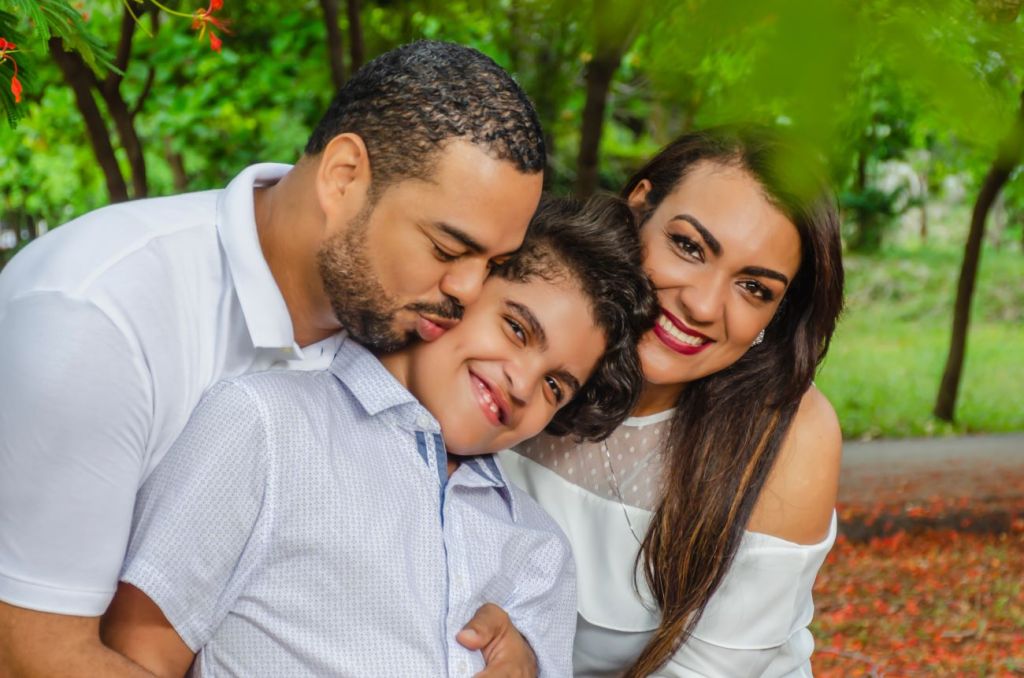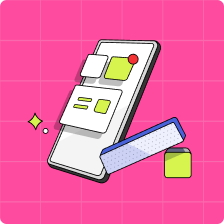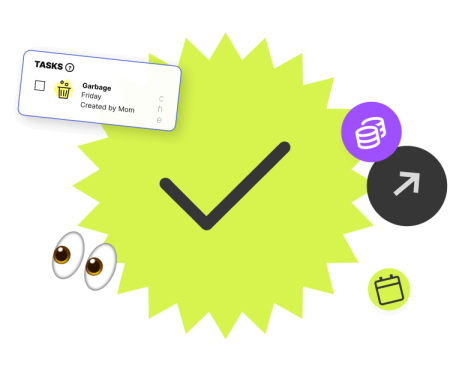Parents of autistic kids and teens can probably recite lengthy lists of the lessons they’re working on with their kids. Academics, social literacy, all the essential life skills—the checklist is long. But, one skill that might get overlooked, or at least pushed off until later, is money smarts.
As much as we like to think it’s love that makes the world go ‘round, we can’t forget about money. It’s a driving force in our daily lives and one that all kids need to understand in order to live independently as adults.
Why is it important to teach autistic kids and teens about money?
Money management can be tricky for everyone. There are a lot of skills involved from basic numeracy and budgeting, to complex organizational and communication skills. Each needs to be broken down and practiced in real life situations.
Being neurodivergent means having a brain that functions in ways that diverge from the dominant societal norm. According to Harvard Medical School, people with autism spectrum disorder (ASD) “may have a wide range of strengths, abilities, needs, and challenges.” So, some teaching strategies may be more successful than others when working with neurodivergent kids.
Teaching money management skills will help neurodivergent kids learn to be more financially responsible. It may also help protect them from money mistakes that can lead to overwhelming debt.

5 tips to successfully teach autistic kids and teens about money
Bruce Petherick, an Autistic Advocate with Autism Canada, shared some strategies to help parents teach kids and teens with autism money management skills.
1. Slow and steady
“Always assume competency,” says Bruce Petherick, Autistic Advocate and Autism Canada spokesperson. “Don’t lower expectations, but also be sure to respect limits and fatigue.”
Neurodivergent kids may have difficulty planning or completing tasks with multiple steps, so don’t teach too much at once. Instead, focus on one concept at a time. Break down bigger tasks into manageable steps.
2. Get an early start
Autistic kids may require extra time to master financial concepts. So, it’s important to start teaching about financial responsibility early. Include kids in discussions about money from a young age—talk about how much things cost, ways to earn money and discuss what they might save up for. Starting these conversations and lessons early generates more opportunities to learn about and practice money skills.
Read more: How kids and teens can gamify their savings.
3. Set kids up for success by maintaining routine
Consistency and familiarity can provide comfort and confidence. Make lessons predictable by visiting the same store or bank at the same time of day. Use the same ATM or line up at a familiar checkout lane to create a stable learning environment. Choose low pressure situations when teaching something new. If your child is overwhelmed by crowds, visit the bank or stores (to practice money skills) in off peak hours.
Read more: Best daily routines for kids and teens.
4. Consider learning style
If your child is a visual learner, use charts, apps, or pictures to make learning more visual and engaging. If your child learns better by doing, find more hands-on activities to make concepts more tactile.
Build on strengths. If your child is already skilled at navigating the world digitally, try introducing them to online banking. Extending from an already successful skill is a practical next step.
Ask your child what they are interested in learning about. Include them in the process and let them take a role in their financial literacy.
Tap into your child’s interests. If they love comic books, create opportunities to save up for them, shop for them (in real life and online), look for bargains and even create and sell their own. Seek out any opportunity for real world connections.
5. Respect boundaries
Some kids can easily manage the money skills aspect of shopping, but there are subtle nuances involved in a transaction that can be overwhelming. “The social aspect of a transaction is quite personal. This sensory sensitive component can be challenging for neurodivergent kids,” explains Petherick. “Don’t push autistic kids into communicating—with a cashier for example. Explore and encourage, but always respect boundaries.”
It’s also important to know when to let things go. Try to end lessons or excursions before frustration sets in. You can always try again another day.
3 activities to teach kids and teens with autism learn money smarts
1. Establish an allowance
Whether you provide a weekly fixed allowance or pay for completed tasks, providing kids with an opportunity to earn an income and manage their own money is a great way to develop financial literacy. The Mydoh app makes it easy to create, track and pay your child for household tasks or to simply transfer money to their reloadable card.
An allowance is a gateway into the economy. It provides kids with the experience of managing an income before they enter the workforce.
Read more: What’s the right way to give an allowance?
2. Goal setting
Creating a financial goal is the first step in learning to create and follow a budget. Help your child set a goal for something they would like to purchase—a special toy, a game, clothing, or even an experience like a trip to the movies or a theme park. Figure out together how much this will cost and how long it might take to save for this item. Create a visual chart or graph to monitor progress toward their goal.

3. Spend money in the real world
Talking about money or “playing” with pretend coins has its limitations. Getting out there and participating in real-world scenarios is best practice for… practice. Visit the bank together and open a bank account. Go grocery shopping and compare prices. Use coupons, look for deals and tally up receipts. Walk your child through a household bill and teach them how to send an e-transfer.
My daughter, who is neurodivergent, received a Mydoh Smart Cash Card for her birthday last summer. It allows her to safely make purchases with the money she earns by completing tasks and receiving an allowance. Since spoken communication is challenging for my daughter, being able to tap a card to pay for things independently has been a game changer. She uses the physical card on Fridays to buy lunch in the school cafeteria.
Petherick says, “Obviously not all autistic kids share the same interests or strengths, nor do they learn in the same way. Parents and teachers of ASD kids should consider these tips as a starting point. But first and foremost, consider your child’s interests and abilities when teaching any skill, including money skills.”
The ability to manage money responsibly may impact autistic kids’ ability to live on their own. A parent’s goal is to give their children the skills necessary to live safely and successfully as independent adults. Raising money-smart kids is one way to guide them toward that goal.
To learn more about Autism Canada’s programs and family support, visit autismcanada.org.
Download Mydoh and help build the foundation of financial literacy for your kids and teenagers.
This article offers general information only and is not intended as legal, financial or other professional advice. A professional advisor should be consulted regarding your specific situation. While the information presented is believed to be factual and current, its accuracy is not guaranteed and it should not be regarded as a complete analysis of the subjects discussed. All expressions of opinion reflect the judgment of the author(s) as of the date of publication and are subject to change. No endorsement of any third parties or their advice, opinions, information, products or services is expressly given or implied by Royal Bank of Canada or its affiliates.


















